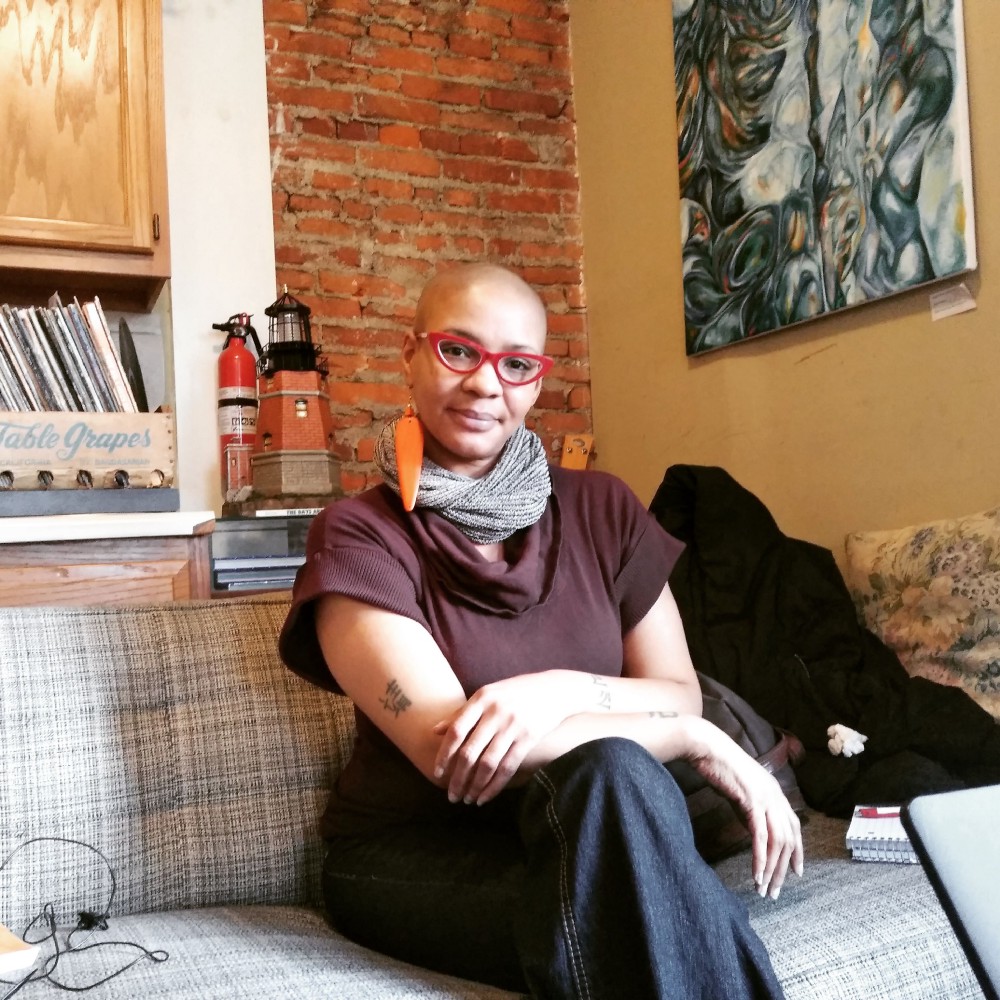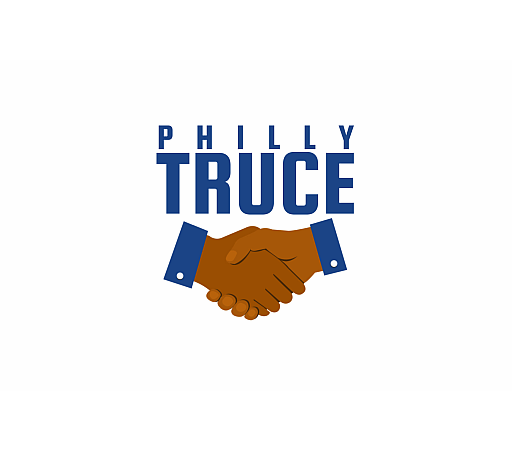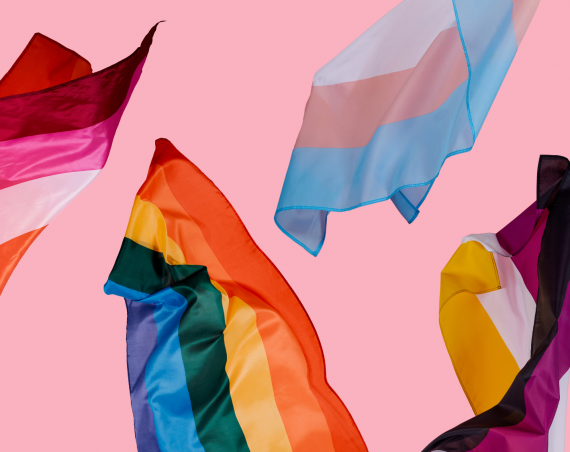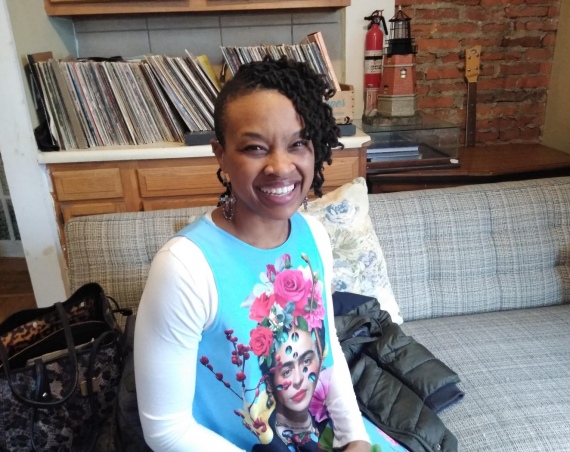
Maleka Diggs, founder of the the Eclectic Learning Network, intersects social justice work within what she calls an “unschooling” curriculum.
The ELN is secular, Black-and-Brown centered, and supports self -directed learning through community connection and awareness that reflects the cultural and interest based needs of the families it serves.
It provides resources and a safe space in the homeschooling and unschooling community that might not always feel welcome, according to Diggs.
“ELN is not only a way to connect with families. It’s also the way to intersect my race and social justice work,” Diggs said. “In addition to me providing programs and networking with local businesses, I’m also going to speak with young people and communities, as well as schools.”
Unschooling is not a new concept, with the term itself being created by educator John Holt in the 1970s. Unschooling is an alternative education method that rejects traditional curriculums in favor of educational based upon exploration and interest. About 10 percent of all home-schooled children follow an unschooled model.
Diggs said she opted to unschool her daughters following an incident while registering her daughters in school in Northwest Philadelphia. The neighborhood was mostly white, and mostly affluent, and according to Diggs the principal questioned her on whether or not she actually lived inside of the district.
Through their own unschooling process, the family works with multiple local resources and businesses.
“ I’ll facilitate trainings, Diggs continued, “on unconscious bias, on consent and identity, because those are all things that are super important.”
Diggs feels like her work is a full circle collaboration with her community around her. Her oldest daughter runs a book club with books purchased from Books & Stuff, a Germantown bookstore. The ELN runs monthly programs with Wissahickon Environmental Center, and Diggs works with local artists like Ursula Rucker on programming for a wide audience.
“I’m a natural connector,” said Diggs. “We tend to miss out on opportunities because we think what we’re looking for is actually not there … if I can go to Germantown and enjoy and relish in the resources and products that are right at my doorstep, then I’d much rather do that.”
She’s also one of the members of the steering committee for the Philly Children’s Movement (formerly the Philly Children’s March). It brings children to the forefront of the Black Lives Matter movement, and other racial justice initiatives.
“You can look at the news and when you look at it from a wide lens, it almost feels impossible. Our focus is right on our community and right with our neighbors,” Diggs said.
Diggs understands that she pushes people beyond their typical comfort levels, notably as it pertains to issues of race. But that is the point.
“Our question is how can you engage our neighbors in a peaceful way,” Diggs said. “How can we embrace uncomfortable conversations? Because there’s nothing in speaking about race that’s comfortable. The only way to get past some of these barriers is to be uncomfortable. But doing it in a way that welcomes young people to the table.”



